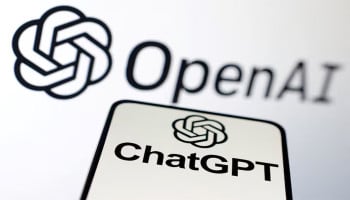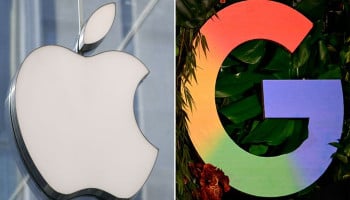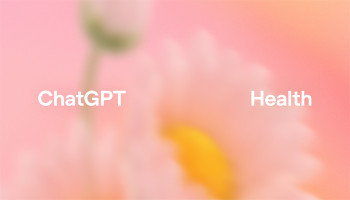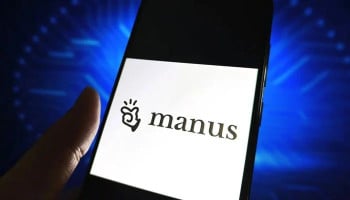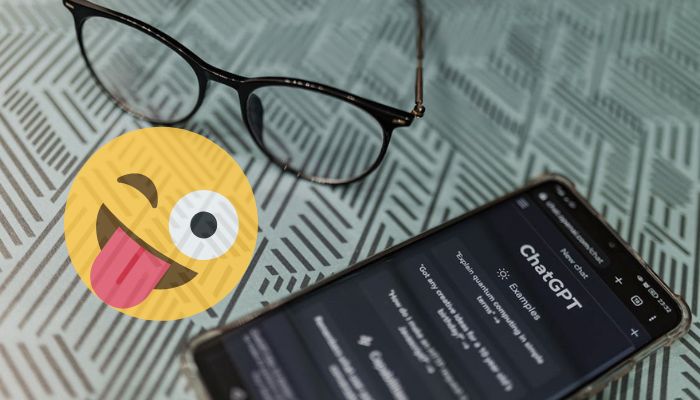
German researchers, Sophie Jentzsch and Kristian Kersting, recently examined OpenAI's ChatGPT-3.5 to assess its ability to understand and generate humour.
Their findings revealed that ChatGPT's supply of jokes is rather limited, with 90% of 1,008 generated responses being the same 25 jokes. This suggests that the AI model memorised jokes during training rather than generating new ones.
The researchers, affiliated with the Institute for Software Technology, German Aerospace Center (DLR), and Technical University Darmstadt, focused on joke generation, explanation, and detection without access to the model's inner workings or dataset. When prompted to tell a joke a thousand times, ChatGPT consistently provided a single joke.
Only when specifically asked for multiple jokes did it deliver more than one.
Notably, variations in prompts had no significant impact on the variety of jokes generated.
ChatGPT demonstrated an understanding of stylistic elements like wordplay and double meanings when explaining the top 25 jokes. However, it struggled with nonsensical sequences and couldn't detect when a joke was not funny, often fabricating plausible-sounding explanations.
While ChatGPT's humour may be lacking, Jentzsch and Kersting noted that its focus on content and meaning represents progress in language models' understanding of humour.






